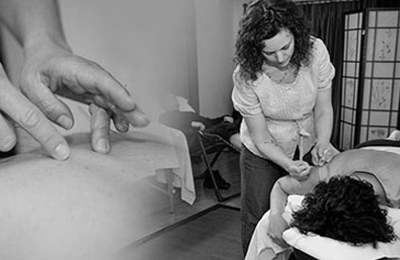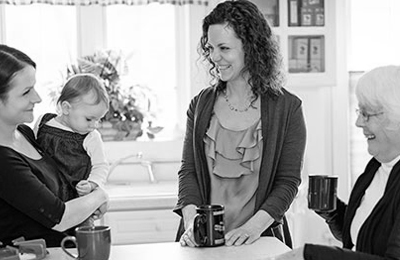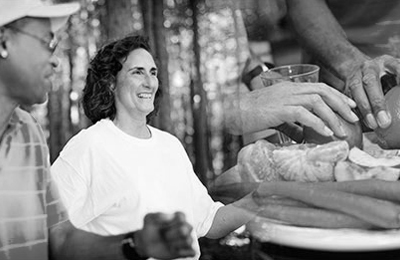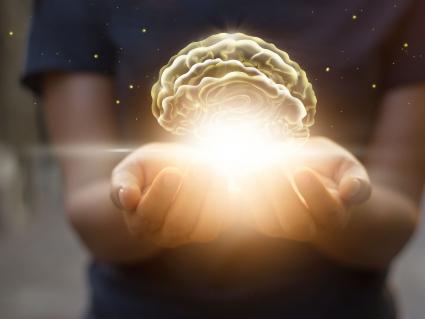Understanding Compassion

I came across a writing from renowned Buddhist monk Thich Nhat Hahn titled “Understanding”. In it he described a common position we may take with our friends, family, neighbors, and coworkers with regard to helping in the name of being loving or compassionate. Without understanding a person’s suffering and where they are coming from, we may overstep and transgress by assuming that...
our compassion is understanding. But in truth, our genuine ‘understanding’ of our friend/family member’s suffering is an integral aspect of compassion.
To help clarify, we can ask with sincerity things like, “what do you need? how can I help you?” Or “do I understand you?” to be aware of what it is that’s causing their suffering. It may be something that you as an observer, could not have seen or have misinterpreted.
To understand why a person is suffering is a part of selfless compassion. When we take the judgement or opinion out of the reason for a person’s suffering, we see the person from their point of view and can have selfless compassion for them.
According to scholar of classical Chinese medicine Elisabeth Rochat de la Vallee, compassion does not have an agenda. The position of compassion does not include one’s (the observer’s) own plan. It also allows for withdrawal from the situation, freedom of movement. Rochat de la Vallee adds that compassion does not pick and choose. One cannot have compassion for one over another, this would be against the universe. In this sense, compassion is pervasive, unconfined and limitless.
References:
Larre, Claude & Rochat de la Vallee, Elisabeth. The Seven Emotions. Monkey Press, Cambridge, 1996.
Thich Nhat Hanh. The Pocket Thich Nhat Hanh. Shambala, Boulder, 2017.
Related Services
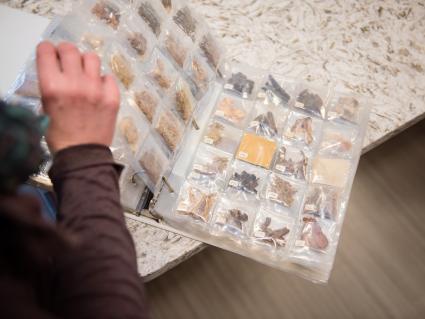
Chinese Herbal Medicine
Desiring a healthier life may be your goal, but for you and millions others it can prove more challenging. You may feel that your immunity is low. You may be in a state of physiological, mental or emotional unrest. Or you may be faced with a more serious illness or chronic pain.Chinese Herbal Medicine

Stress Reduction
Many of the therapies offered at the Center, from Integrative Medicine, to Massage Therapy, to Healing Touch, Acupuncture, and other forms of traditional Chinese medicine, are extremely effective in helping people reduce stress.Stress Reduction



